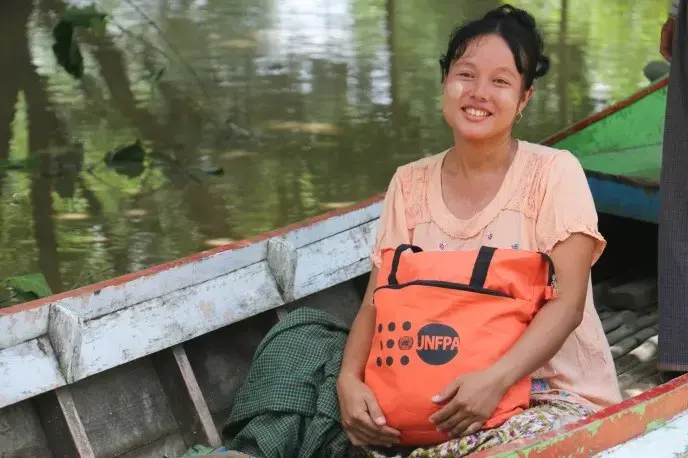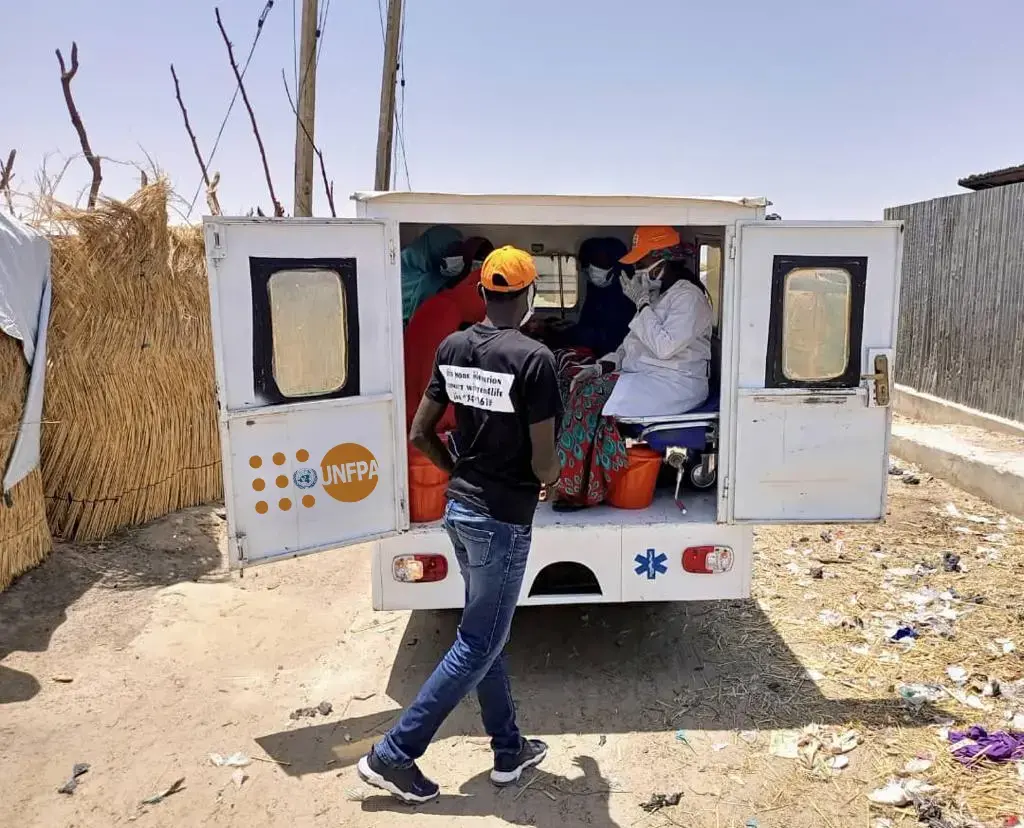Six years have gone by since the violent insurgent attacks of the Jama'atu Ahlis Sunna Lidda'awati wal-Jihad (JAS), commonly known as Boko Haram, began in North East Nigeria. Till date, it remains the biggest human security threat in the country.
In 2014, the insurgency escalated with an upsurge of violence against civilians, leaving hundreds of houses burnt down, towns deserted; infrastructure and means of livelihoods destroyed and the mass abduction of women and children who have suffered sexual and gender based violence. In April 2015, remarkable progress was made in the fight against insurgency as the Government of Nigeria recaptured territories that were declared strongholds of the Boko Haram Group. One of such territories was the Sambisa Forest in Borno State. The victory led to the release of hundreds of women and children held captive for an average period of 12 months. Upon their release, the country witnessed the deplorable physical and mental state of some of the survivors who were sexually abused or forcefully married to insurgents; while others were either traumatized, pregnant or had childbirth experiences without medical aid. The urgent need for basic health services and psychosocial support was immerse.
It is to these survivors and a lot more affected by the insurgency, that UNFPA, provides access to reproductive health services to meet the needs of the vulnerable women and girls. This also includes psychosocial support and counselling for survivors of sexual and gender based violence.




